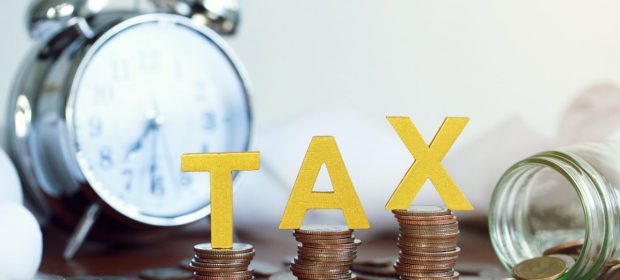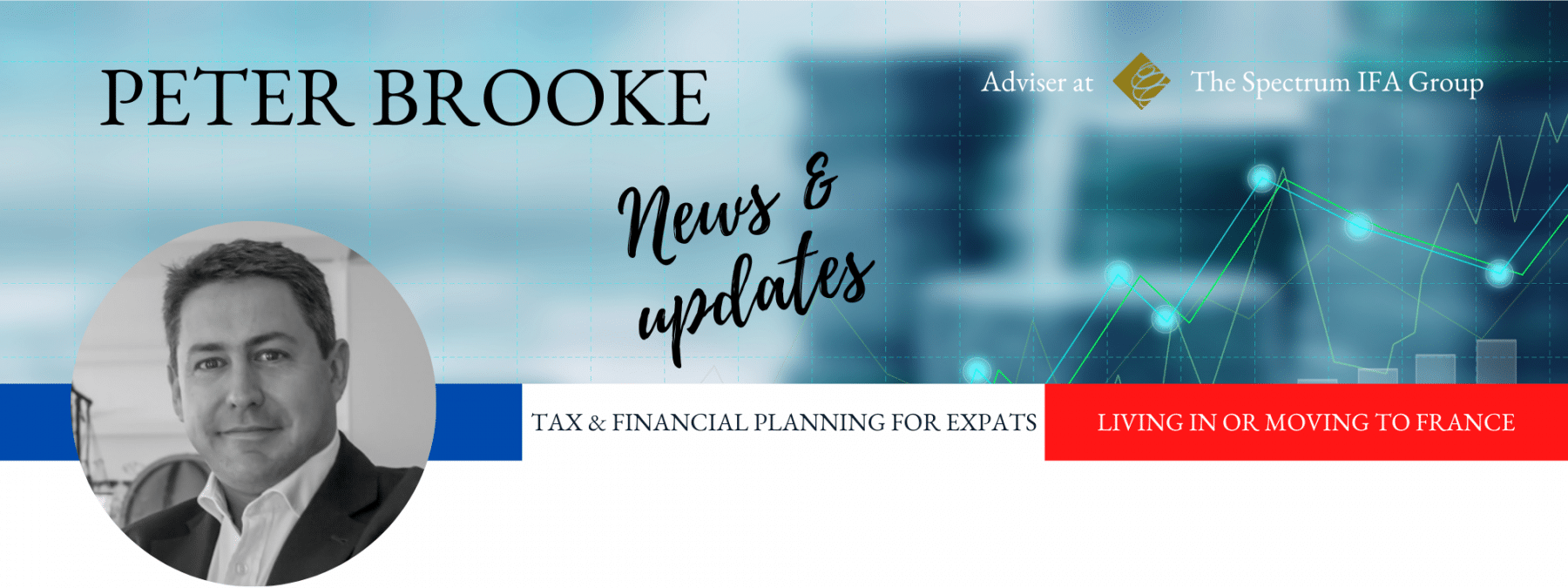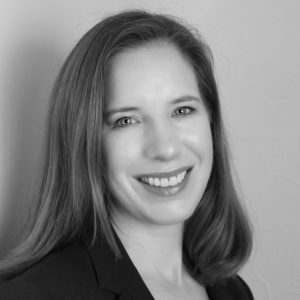How does an Assurance Vie work?
Your single lump sum investment or regular premiums are paid to an insurance company, which then places the money with the investment manager(s) of your choice. These are usually unit- linked types of investments, for example in equity or bond funds, but can also be in deposits or special products on offer from various financial institutions. You can invest in any number of different funds or products and these are all collated together by the insurance company to form a collective bond, which is your AV policy.
If you have chosen your investments wisely (with the help of your financial adviser), over the long-term the value of units you hold in the funds is likely to increase and so too is the value of your AV policy. However, you must be fully aware of and comfortable with the amount of risk that you are taking, since with any type of unit linked investment your fund value can go down as well as up, as a reflection of what is happening in investment markets. Over the long-term, however, the effect of short-term market volatility will usually be reduced.
Can my capital be guaranteed through an Assurance Vie?
A common feature of the French AV is the possibility of investing in Fonds en Euros. This is a special type of fund designed to form a very cautious base to your total investment, since your capital, as well as any interest and year-end bonus added to it, is guaranteed. The fund invests mostly in government and corporate bonds, although there can also be a little exposure to equities and properties with the aim of enhancing returns. During the year, your capital will earn interest and by law the insurance company must allocate most of your share of the return of the fund to your account, in the form of a year-end bonus. The balance of the return of the fund is kept in the insurance company’s reserves, to smooth out future investment returns, for example in times of poor market investment performance.
Due to the nature of the guarantees with Fonds en Euros, the rate of return is typically low, but is usually better than the interest that you might earn from a bank deposit with immediate access. However, this type of fund is regarded by the tax authorities as being so secure that social charges are levied annually on the gain (rather than only at the time that you take a withdrawal as would be the case with other investments within the AV). This effectively reduces the rate of return over the long term. Through some international AV policies there is the possibility to invest in structured bank deposit offerings, where the investment return is linked to the stock market, but with the security of a capital guarantee.
How do I choose what to invest in inside my Assurance Vie?
You may have strong views on this yourself, or you may have no ideas at all, but in all cases it helps if you have a good financial adviser at hand. His or her job is to help you understand the whole concept of investment and to help you establish your attitude to investment risk. Sadly, there is no realistic chance of a meaningful return on your savings without accepting some degree of risk. We have also seen in recent years that even leaving your savings in a bank can be risky, whether this is because you do not earn a real rate of return or because the bank fails due to poor management.
Your adviser will show you different types of investment options, explain how they work, what their track records are and how much risk is involved. You make the final decision, but his or her help can be invaluable. When the investments have been made, there should be follow-up meetings to review the performance of your investments. Your adviser may well recommend some changes depending upon the evolution of your own circumstances, or perhaps because of fund performance, or may have interesting new funds to introduce to you.
It is also possible to use the services of a Discretionary Fund Manager, with whom you agree an investment mandate (based on your specific investment objectives and risk profile), who then manages your money on a discretionary basis to achieve your financial goals.
























